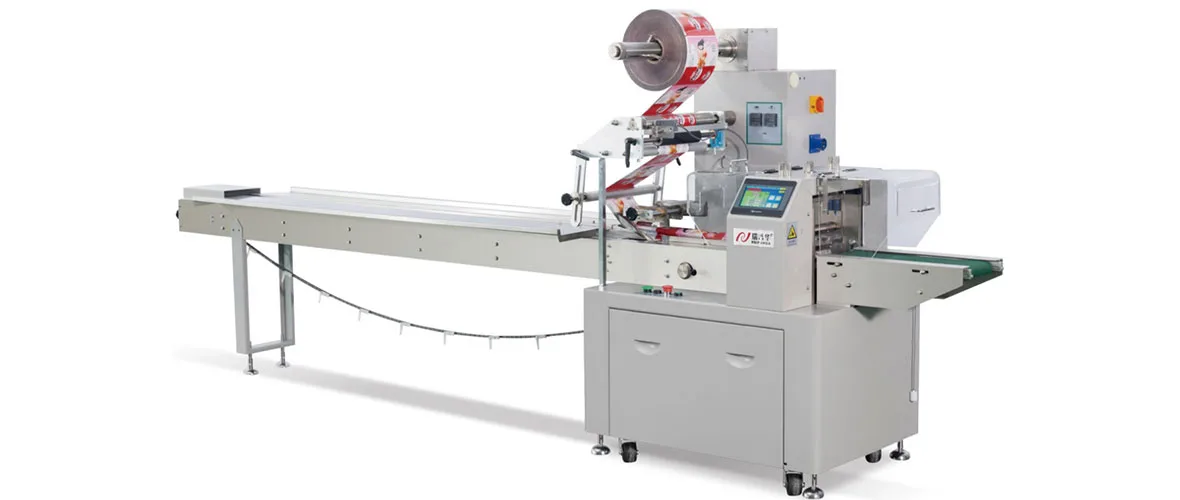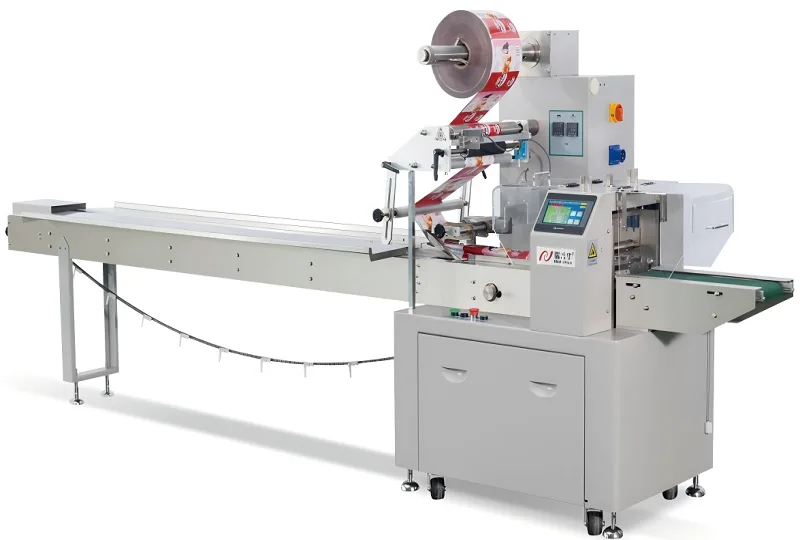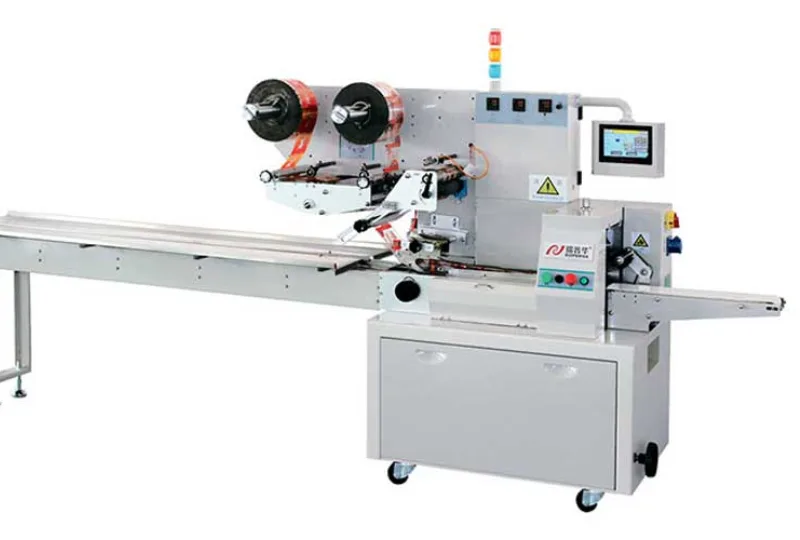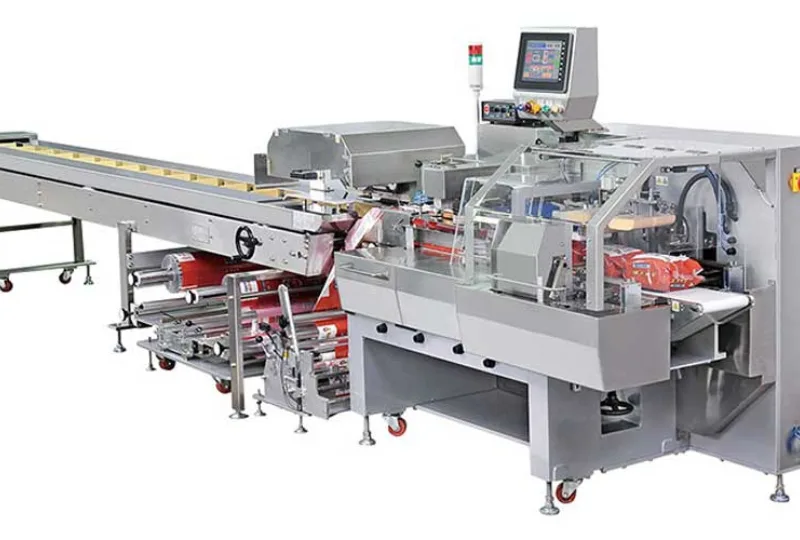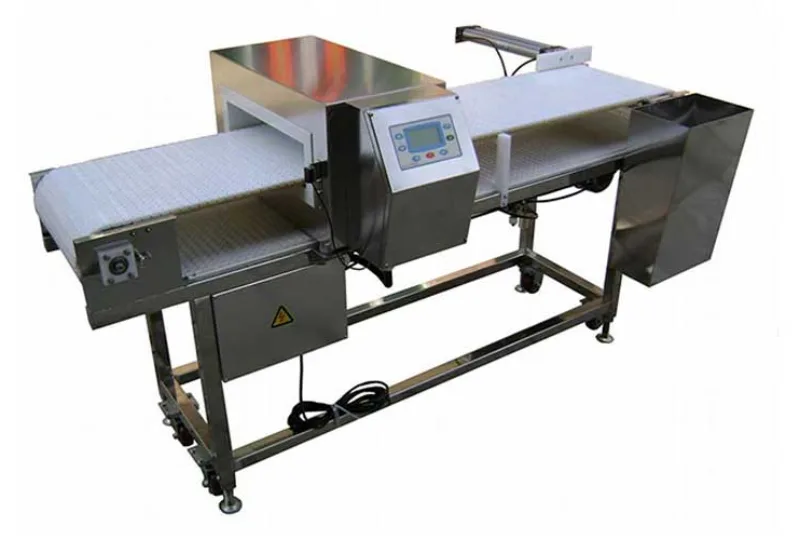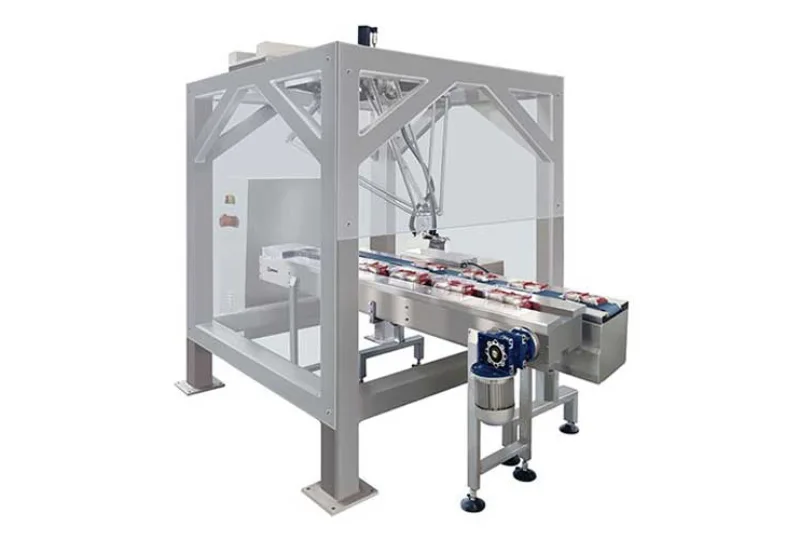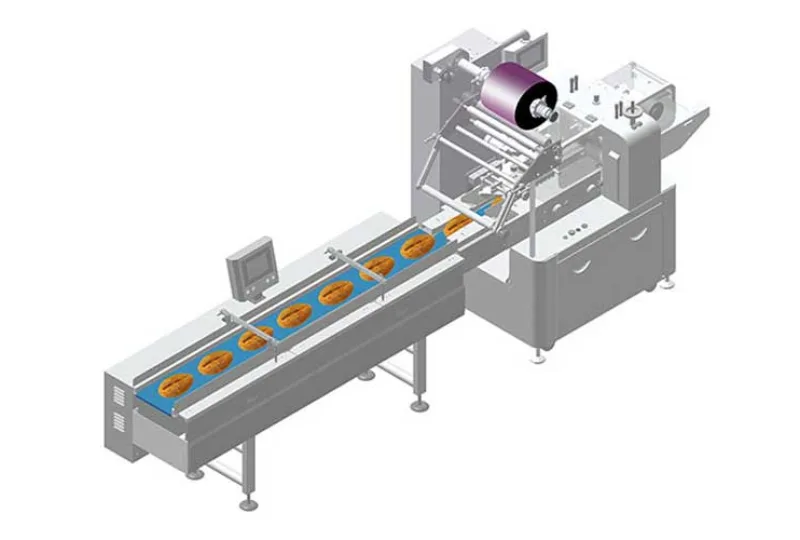Customization Options for Food Packing Machines
The food industry relies heavily on packaging machinery to ensure the safety, freshness, and aesthetics of its products. With the growing demand for customized solutions, manufacturers are offering a wide range of customization options for food packing machines. These options empower food businesses to tailor their equipment to specific product requirements, production volumes, and brand identities.
Materials and Construction
The choice of materials for food packing machines is crucial, as they impact hygiene, durability, and performance. Commonly used materials include stainless steel, aluminum, and food-grade plastics. Stainless steel is popular due to its corrosion resistance, while aluminum offers strength and lightness. Food-grade plastics provide cost-effective and versatile options, suitable for a variety of packaging applications.
Machine Configuration
Food packing machines can be configured in various ways to accommodate different production needs. Vertical form, fill, and seal machines (VFFS) are commonly used for packaging solid and liquid products. Horizontal flow wrap machines are ideal for wrapping individual products or grouping multiple units together. For high-speed packaging, multi-lane machines can significantly increase throughput rates.
Automation and Control
Automation features enhance the efficiency and precision of food packing machines. Programmable logic controllers (PLCs) enable the creation of custom programs that optimize machine operation. Robotic pick-and-place systems can automate product loading and handling, reducing labor costs and improving accuracy. Advanced sensors and monitoring systems allow for real-time quality control and automatic adjustments based on product feedback.
Packaging Formats and Features
The ability to create customized packaging formats is essential for meeting specific product requirements. Food packing machines can be equipped with various sealing options, such as heat sealing, ultrasonic sealing, and vacuum packing. They can also handle a wide range of packaging materials, including flexible films, rigid containers, and pre-formed trays. Additional features, such as label printing, coding, and product inspection, can enhance the presentation and traceability of packaged products.
Integration and Interoperability
Modern food packing machines are designed for easy integration with other equipment and systems within the production line. They can be linked to upstream processes such as product preparation and quality control. By leveraging standardized communication protocols, machines can seamlessly exchange data and optimize overall production efficiency. Interoperability with enterprise resource planning (ERP) systems enables real-time monitoring, inventory management, and supply chain optimization.
Benefits of Customization
Customizing food packing machines offers numerous benefits, including:
Enhanced product quality and safety
Increased production efficiency
Reduced operating costs
Improved brand differentiation
Greater flexibility to meet changing market demands
By carefully considering the available customization options and collaborating with experienced manufacturers, food businesses can design and implement packing solutions that meet their unique needs. This tailored approach empowers them to meet the evolving demands of consumers, optimize operations, and drive business success.
-
01
Packaging Machinery: Beyond Sealing, Driving an Efficient, Smart, and Sustainable Future
21-01-2026 -
02
Automatic Tray Loading and Packaging Equipment: Boost Efficiency to 160 Bags/Minute
21-11-2025 -
03
Automatic Soap Packaging Machine: Boost Productivity with 99% Qualification Rate
21-11-2025 -
04
A Deep Dive into Automatic Toast Processing and Packaging System
18-11-2025 -
05
The Future of Bakery Production: Automated Toast Processing and Packaging System
18-11-2025 -
06
Reliable Food Packaging Solutions with China Bread, Candy, and Biscuit Machines
11-10-2025 -
07
High-Performance Automated Food Packaging Equipment for Modern Production
11-10-2025 -
08
Reliable Pillow Packing Machines for Efficient Packaging Operations
11-10-2025 -
09
Advanced Fully Automatic Packaging Solutions for Efficient Production
11-10-2025 -
10
Efficient Automatic Food Packaging Solutions for Modern Production
11-10-2025






